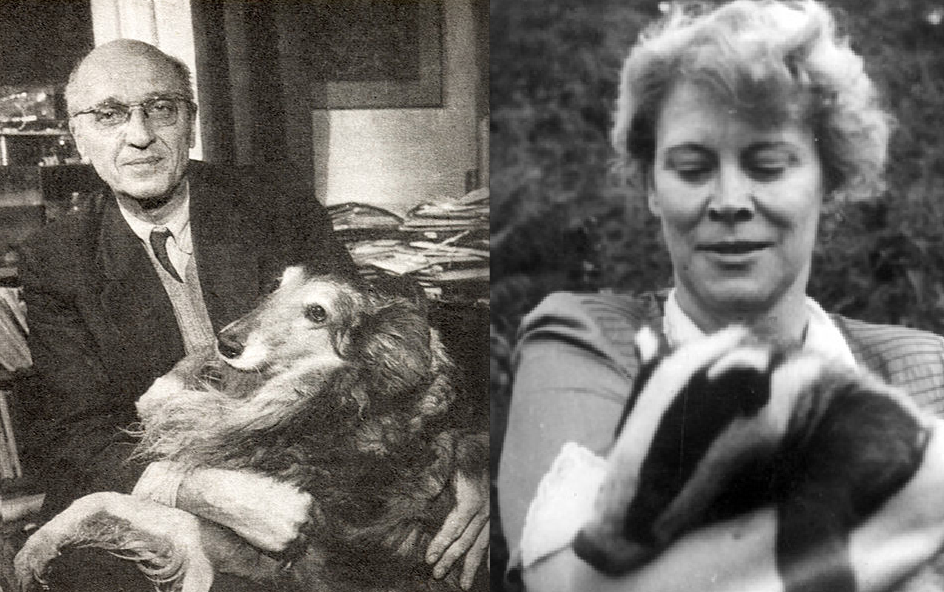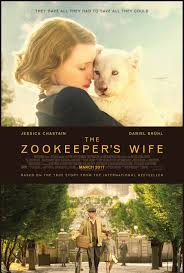The Real Story: The Zookeeper’s Wife
Posted on March 31, 2017 at 3:44 pm
“The Zookeeper’s Wife,” starring Jessica Chastain, is based on the nonfiction book by Diane Ackerman, the story of Jan and Antonina Zabinski, Warsaw zookeepers who helped Jews hide from and escape the Nazis during the Holocaust.

Yad Vashem, the world’s most comprehensive resource on the Holocaust, paid tribute to the Zabinskis and Dr. Zabinski planted a tree on the Mount of Remembrance there.
Dr. Jan Zabinski was the director of the zoo. He was the author of many popular-knowledge books about biology and the psychology of animals, as well as the producer of a number of very popular radio-shows. Despite the enormous problems he faced as the director of a zoo during wartime, he was not blind to the suffering of the Jews. When the Warsaw ghetto was established Jan and his wife, Antonina, began helping their Jewish friends. As an employee of the Warsaw municipality he was allowed to enter the ghetto. Under the pretext of supervising the trees and small public garden within the ghetto area, he visited his Jewish acquaintances and helped them as best as he could. As the situation in the ghetto deteriorated, he offered them shelter.
“Dr. Zabinski, with exceptional modesty and without any self-interest, occupied himself with the fates of his prewar Jewish suppliers… different acquaintances as well as strangers,” wrote Irena Meizel. She added: “He helped them get over to Aryan side, provided them with indispensable personal documents, looked for accommodations, and when necessary hid them at his villa or on the zoo’s grounds.” Regina Koenigstein described Zabinski’s home as a modern “Noah’s ark”. According to the testimonies, many Jews found temporary shelter in the zoo’s abandoned animal cells, until they were able to relocate to permanent places of refuge elsewhere. In addition, close to a dozen Jews were sheltered in Zabinski’s two-story private home on the zoo’s grounds. In this dangerous undertaking he was helped by his wife, Antonina, a recognized author, and their young son, Ryszard, who supplied food and looked after the needs of the many distraught Jews in their care.
Here is an interview with one of the “guests” who hid at the zoo.
And a documentary about the Zabinskis.


